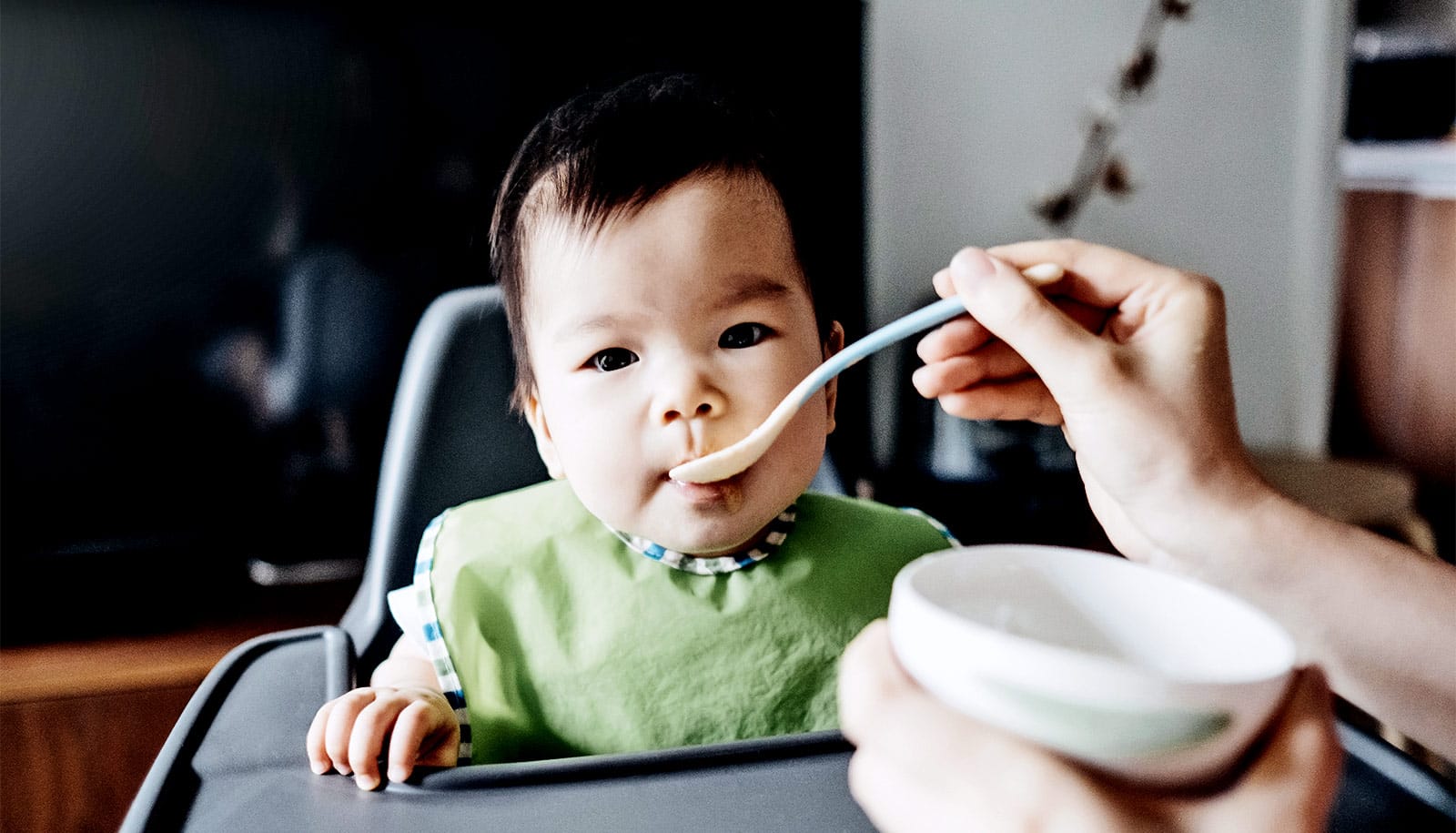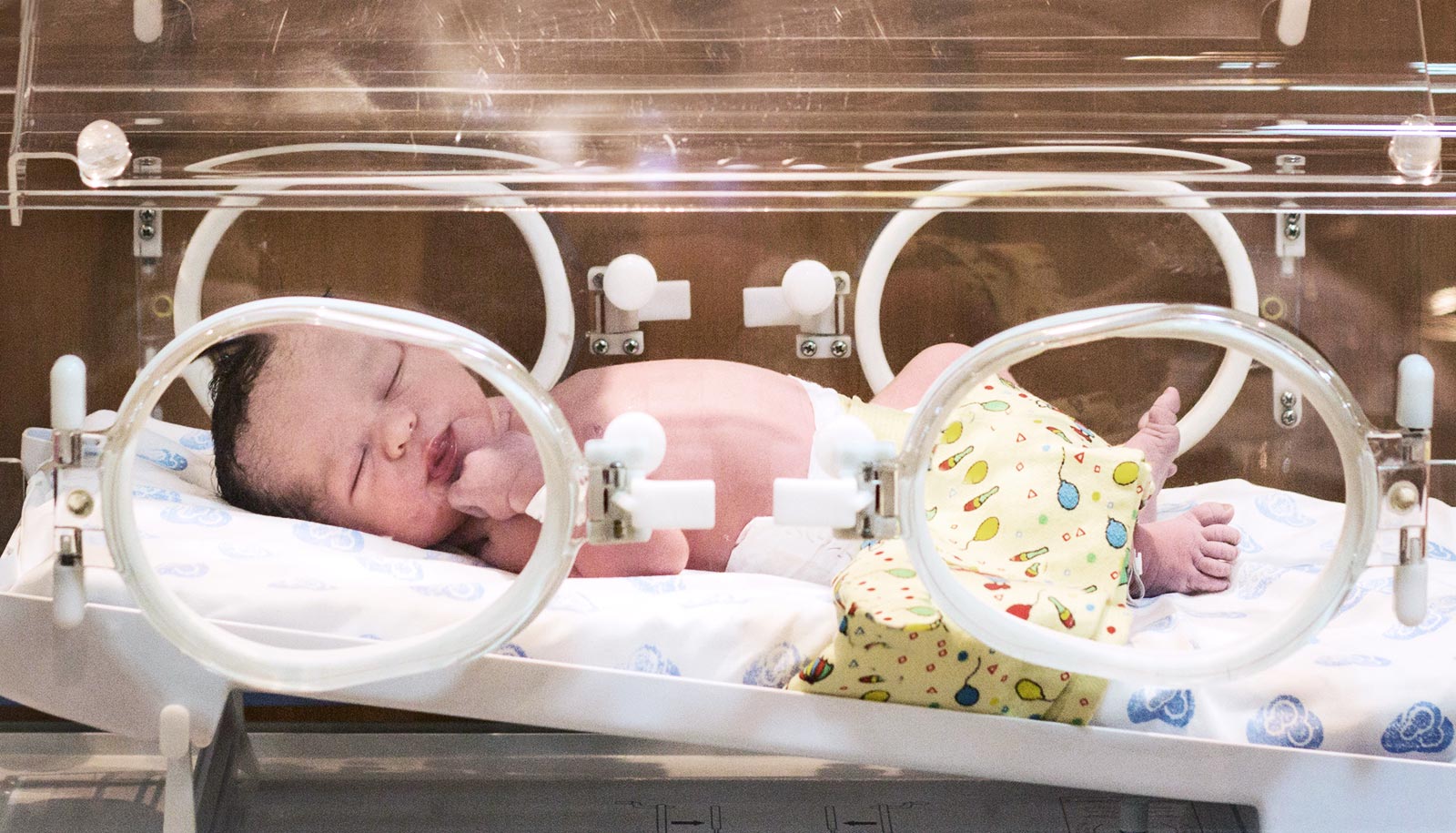Even small amounts of breast milk offer protection from potentially pathogenic viruses in an infant’s gut, according to a study of hundreds of babies.
The study also shows that breast milk strongly influences the accumulation of viral populations, researchers say.
The findings expand upon prior research that suggests that breastfeeding plays a key role in the interaction between babies and the microbial environment.
This latest research could influence strategies for the prevention of early gastrointestinal disorders, and encourage mothers to feed babies breast milk even when mixed with formula.
Researchers measured the numbers and types of viruses in the first stool—meconium—and subsequent stools of newborns in the United States and Botswana using advanced genome sequencing and other methods.
Upon delivery, babies had little or no colonization, but by one month of life populations of viruses and bacteria were well developed, with numbers of viruses reaching a billion per gram of gut contents.
Most of the first wave of viruses turned out to be predators that grow in the first bacteria that colonize the infant gut. Later, at four months, viruses that can replicate in human cells and potentially make humans sick were more prominent in the babies’ stools.
Breastfeeding showed a strong protective effect for infants in both the US and Botswana, suppressing the accumulation of these potentially pathogenic viruses.
The findings also showed that breast milk could offer protection even when sometimes mixed with formula, compared to a formula-only diet.
“These findings can help us better understand why some babies get sick and develop life-threatening infections in their first months of life,” says senior author Frederic Bushman, chair of the department of microbiology.
The newborns’ home country also played a part in the prevalence of viral infections. Babies from Botswana have a higher likelihood of having those potentially-harmful viruses in their stools at that 4-month mark compared to the stools of babies from the US.
“Location of the mom and baby seems to play a role, probably due to the kind and number of microorganisms babies are exposed to environmentally,” says first author Guanxiang Liang, a postdoctoral researcher in the microbiology department.
“Nevertheless, Botswana-born babies still seemed to benefit from breastfeeding, whether exclusively or in addition to formula consumption.”
In the future, Bushman and Liang want to look at varying ages to see how development of the virome—the virus population in the gut—influences a child’s growth, how virome colonization varies in infants around the world, and how virome colonization influences outcomes in preterm birth.
The findings appear in the journal Nature.
Additional coauthors are from the division of gastroenterology, hepatology, and nutrition at Children’s Hospital of Philadelphia; the department of pediatric and adolescent health, Faculty of Medicine of the University of Botswana; and Penn. The National Institutes of Health, the Penn Center for AIDS Research, the PennCHOP Microbiome Program, the Commonwealth Universal Research Enhancement program, the American Beverage Foundation for a Healthy America, and the Duke Center for AIDS Research funded the work.
Source: Penn



